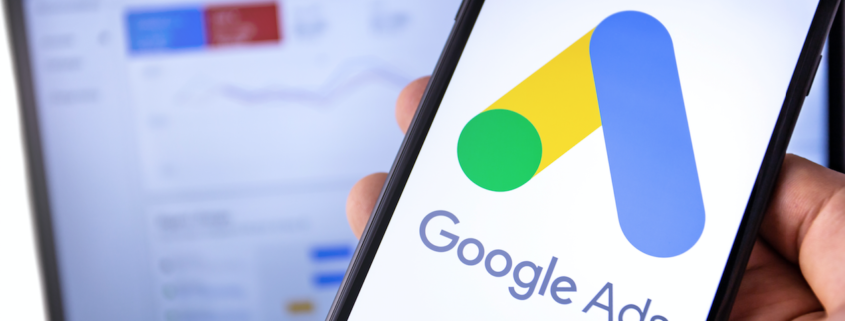Why Google Ads Plans To Limit Search Terms
Google has started to alert advertisers that it will soon stop showing search queries that triggered their ads when there is not “significant” data.
What is exactly changing?
On Google’s Search Terms Report support page they state, “Starting September 2020, the search terms report only includes terms that a significant number of users searched for, even if a term received a click. You may now see fewer terms in your report.” In simpler words, advertisers will have reduced visibility into which search queries trigger their ads, even if they register a click or conversion.
Google’s statement from Search Engine Land. “In order to maintain our standards of privacy and strengthen our protections around user data, we have made changes to our Search Terms Report to only include terms that a significant number of users searched for. We’re continuing to invest in new and efficient ways to share insights that enable advertisers to make critical business decisions,” a Google spokesperson told Search Engine Land Wednesday.
What does this mean for you?
According to Seer Interactive, you will lose roughly 28% of your budget’s visibility for paid search.
Prior to the update
- For every $100K you spent on Google search, you got search term data for $98,700 of it.
- For every 100K clicks you got, you saw search term data for 98,300 of those clicks.
After the update
- For every $100K you spend on Google search, you get search term data for $71,000 of it.
- For every 100K clicks you get, you see search term data for 77,900 of those clicks.
That’s ~$27,000 worth of search term data unseen for every $100K you spend.
Why we advertisers care.
The purpose is to prevent advertisers from having the ability to use minimal query data to identify users or have access to any personally identifiable information users may include in their search queries. Protecting user privacy is important and should be prioritized. However, Google limited query data in Search Console for this reason before the update. The difference is that advertisers pay whenever a user clicks on an ad triggered by a users’ query. Losing this data will have severe financial impact on advertising budgets.
In addition to financial implications, there will also be an effect on the optimization of campaigns and negative keyword lists. Not having any access to this data means that advertisers won’t be able to determine if those queries should be added to negative keyword lists to make their campaigns more efficient.
Contact Onimod Global
For more on this news and other Google Ads late information, follow Onimod Global! Onimod Global releases the latest digital marketing news and essential marketing tips every Tuesday and Thursday! To catch up on the top digital marketing news and trends, click here. To find out more about who we are and what we do, click here.










